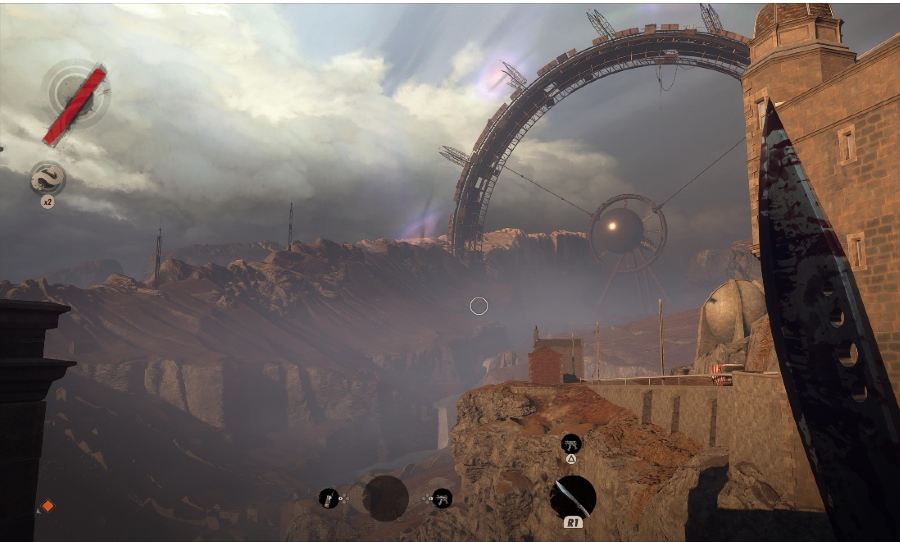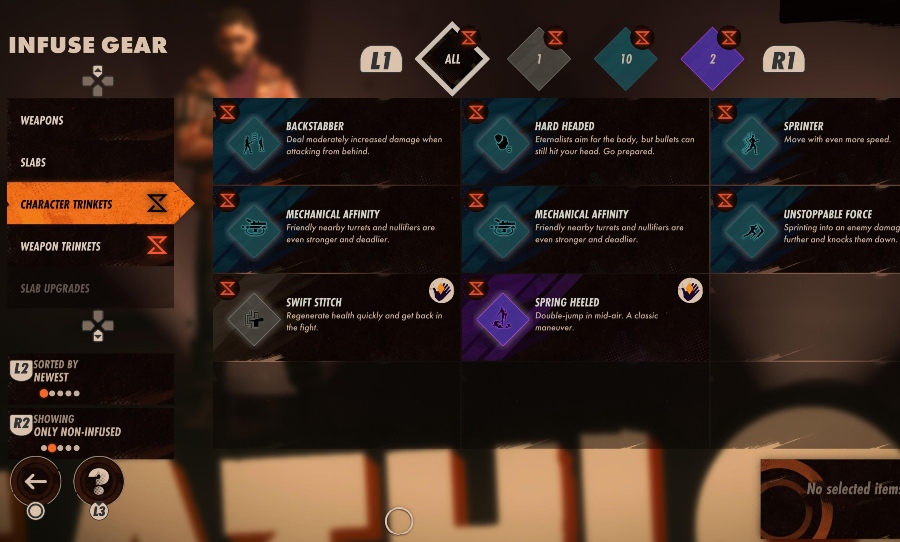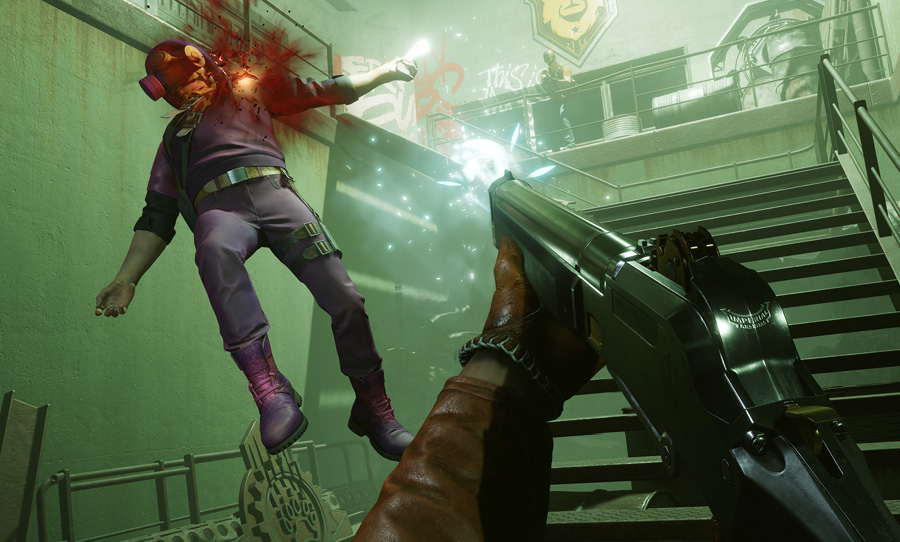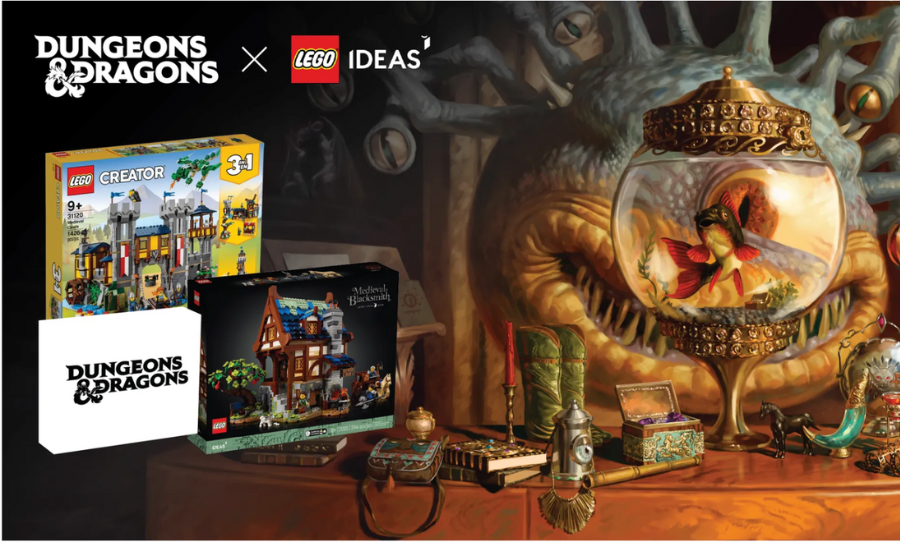Deathloop is the new action/stealth hybrid from Dishonoured developer Arkane Studios. It’s a curious game that pulls from many genres without ever fully committing to any of them. But once you get on its level, it’s an absolute riot.
Deathloop starts with your player character Colt, voiced with impressive charisma by Jason E. Kelley, waking up on an unsettling beach. Surrounded by empty beer bottles and abandoned debris, it’s an unusual introduction to a world that only gets weirder by the minute.
Because in Deathloop the lines that separate past, present, future, fantasy, and reality are in a constant state of flux. Alternate versions of Colt pop up to aid you, only to be unceremoniously murdered before they can offer any real answers to your quickly growing list of questions.
What exactly is happening in this dreamlike world isn’t immediately clear – other than the fact that Colt’s two areas of expertise seem to be wisecracking and killing. That, and that everything is stuck on repeat. At least everything that isn’t part of Deathloop’s main story (inconsistencies and plot holes abound, as is usually the case with these Christopher Nolan-style paradox puzzles).
The game starts at breakneck pace, nearly drowning the player in exposition and new gameplay mechanics. After my first session of Deathloop I was left rather worried that the development team had bitten off more than they could chew, throwing ideas together that lacked cohesion and synchronicity.

I liked the witty banter between Colt and chief antagonist Juliana (voice actor Ozioma Akagha also excels). I was also intrigued by the narrative set up, but found it lacking in intensity or emotional stakes, largely due to Deathloop‘s tenet that death is inconsequential.
It’s slowly becoming a pet peeve of mine how many games are integrating roguelike gameplay mechanics into their narratives. It’s true that there is an inherent cleverness in devising a narrative reason for why your character refuses to die permanently. However, the first causality of this cleverness is usually the gravity of failure.
Why should I care about my character being in danger if we both know, no matter what happens, that they’ll be fine? Not many games have come up with a satisfactory solution to this problem, although a few have.

Thankfully, the team at Arkane have just about managed to come up with such a solution: gameplay that is so addictive and fun that death ending it feels like a serious punishment.
I’m yet to ‘finish’ Deathloop, but the more I play it, the more apparent it is that that isn’t really how this game works. The levels, despite being quite small, are brilliantly designed with flexibility and replayability in mind.
The game’s primary objective is killing eight characters, referred to as The Visionaries, in one single day/loop. However, to do so requires gathering information about each target (often by killing them) and coming up with a masterplan.
After killing the Visionary Harriet Morse, for instance, you’ll unlock a critical upgrade through the Nexus Slab. It’s highly unlikely you’ll ‘finish’ your run from there, but you’ll have found a permanent boon to aid your future rampages. The same goes for Charlie Montague and the Shift Slab, and so on.
Considering that each hit can be performed in a number of different ways, in a number of different locations, and at a number of different times, the possibilities are staggering.
Combine that with a decent online invasion mechanic (players can take control of Juliana and hunt down a different player’s Colt) and you have a game that’s full of frantic action, strategic planning, and endless hours of entertainment.
Deathloop is a curious package indeed, made up of disparate elements that, particularly at the beginning, don’t seem to add up to a compelling experience. However, like a good bottle of red wine, if you give it the requisite time to breathe, you will be rewarded with a unique and richly imagined experience.
Deathloop releases September 14 on PS5 and PC.



